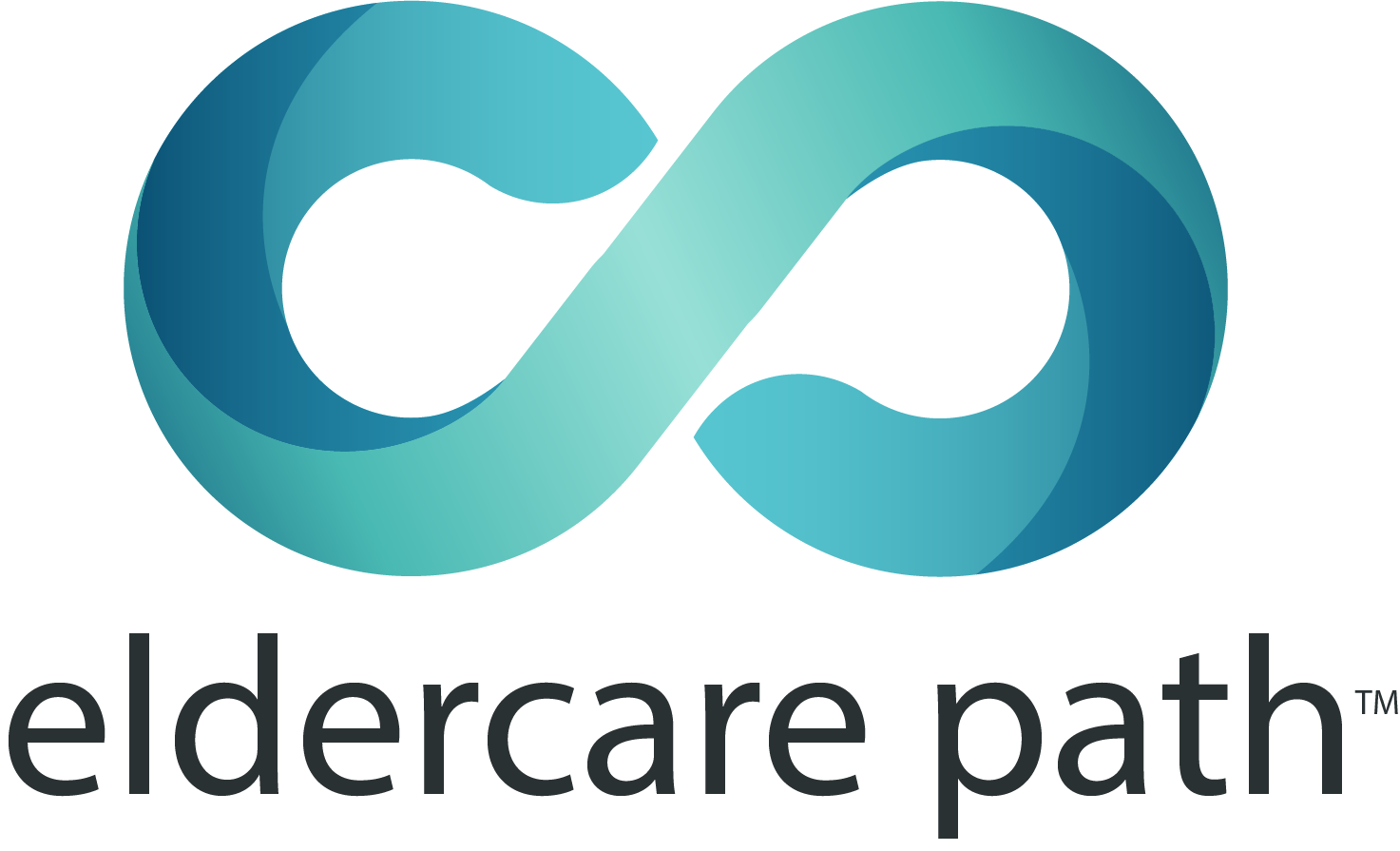Legal Considerations for Eldercare: Power of Attorney, Wills, and Trusts
Legal planning is crucial in eldercare to ensure that seniors’ wishes are respected and their rights protected. Understanding legal tools like power of attorney, wills, and trusts can help in making informed decisions.
Power of Attorney
A power of attorney (POA) is a legal document that grants someone the authority to act on behalf of another person in financial, legal, or health matters. There are different types of POAs:
- General POA: Grants broad powers but becomes invalid if the person becomes incapacitated.
- Durable POA: Remains in effect even if the person becomes incapacitated, making it ideal for eldercare.
- Medical POA: Specifically grants the authority to make healthcare decisions.
Wills
A will is a legal document that outlines how a person’s assets and estate will be distributed after their death. Key considerations include:
- Executor: The person appointed to carry out the instructions in the will.
- Beneficiaries: Individuals or organizations who will receive the assets.
- Guardianship: If applicable, designating a guardian for minor children.
Trusts
A trust is a legal arrangement where one party (the trustee) holds and manages assets for the benefit of another (the beneficiary). Types of trusts include:
- Revocable Trust: Can be altered or revoked by the person who created it during their lifetime.
- Irrevocable Trust: Cannot be changed once established, offering certain tax benefits and asset protection.
- Special Needs Trust: Designed to provide for a disabled beneficiary without affecting their eligibility for government benefits.
Resources for Legal Considerations
- American Bar Association (ABA): Provides resources and information on elder law.
- National Academy of Elder Law Attorneys (NAELA): Offers a directory of elder law attorneys.
- Local Legal Aid Services: Many communities have organizations that provide free or low-cost legal assistance to seniors.

